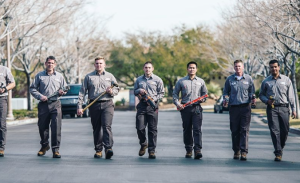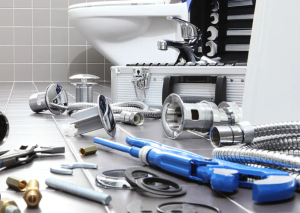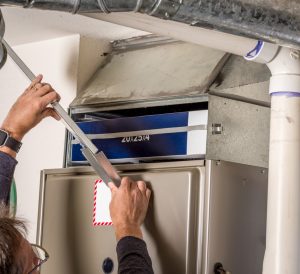Commercial kitchen equipment is an important factor to consider when starting up a restaurant, catering business, or any other foodservice operation. It’s important to ensure that you have the right equipment for the job in order to run a successful business. There are several key factors to look for when selecting commercial kitchen equipment.
Durability –
Durable equipment is key when it comes to running a successful commercial kitchen. Restaurant-grade appliances and materials are built to last longer than their residential counterparts due to their superior construction and better quality components. Look for durable stainless steel construction, strong hinges and handles, and heavy-duty motors and parts that are designed to handle constant use.
Ease of Use –
Ease of use is also an important factor when selecting commercial kitchen equipment. Equipment should be intuitive and easy to operate so staff can complete tasks quickly without needing extensive training. Commercial grade equipment often has programmable settings, digital controls, and timers which can help improve efficiency in busy kitchens. Additionally, look for appliances with ergonomic designs that make operations more comfortable for the user such as adjustable feet or tilting mechanisms.
Energy Efficiency –
Energy efficiency is increasingly important in today’s restaurant industry. Not only does energy efficient equipment reduce operational costs, but it also promotes sustainability by reducing environmental impact from energy consumption. Look for ENERGY STAR certified products which have been tested and verified by independent third parties as meeting strict energy efficiency guidelines as established by the U.S Environmental Protection Agency (EPA).
Safety Features –
Safety features are another important consideration when selecting commercial kitchen equipment since they protect staff from potential hazards associated with high volume foodservice operations such as slips, trips, burns or fires due to hot surfaces or sharp edges on appliances or utensils. Look out for safety features such as non-slip surfaces on countertops, splash guards on stovetops or fryers, heat resistant handles on pots and pans, audible alarms on microwaves or ovens that alert users of excessive temperature levels inside the appliance compartment ,and fire suppression systems in hoods above cooking surfaces like grills or ranges which activate automatically upon detection of smoke or heat buildup within the hood compartment A fire suppression system should always be inspected regularly by a qualified technician in order to maintain its effectiveness over time.
Maintenance Requirements –
In addition to purchasing durable energy efficient restaurant grade appliances with safety features built-in, it is important to consider how much maintenance each piece of kitchen equipment will require over its lifetime. Some units may require daily cleaning, while others may need periodic lubrication, replacement filters ,or other maintenance requirements. Make sure you understand what type of maintenance will be necessary prior to making your purchase so you can plan accordingly. Additionally, look for warranties offered by manufacturers like Gordon Mechanical NV or others which may cover repairs relating to common defects due to manufacturing errors.
These five considerations should be taken into account when selecting commercial kitchen equipment in order ensure that your investment meets your needs now while still being able to support your business growth over time. Properly maintained commercial kitchen equipment not only provides value through its durability and cost savings benefits, but it also contributes towards improved customer satisfaction through increased speed, accuracy, and safety related improvements during food preparation processes in your professional kitchens.








